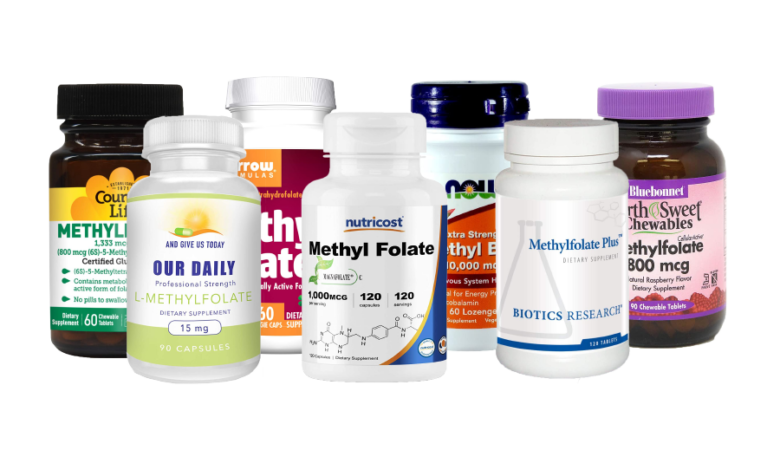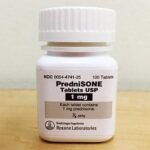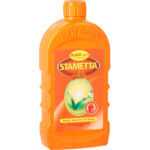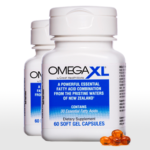L- Methylfolate Supplement: Uses, Benefits, Side Effects

What is l-methylfolate?
Folate is a form of B vitamin that occurs naturally in many foods. Folic acid is the man-made form of folate that is added to processed foods or vitamin and mineral supplements. Folate is needed in the human body for production of red blood cells.
A lack (deficiency) of folate in the human body can be caused by certain diseases, by taking certain medications, or by not getting enough folate in your diet. Folate deficiency can lead to decreased red blood cells, or anemia. Folate deficiency can also cause high levels of a certain amino acid in the blood, a condition called hyperhomocysteinemia.
L-methylfolate supplement is a medical food for use in people who have conditions related to folate deficiency. L-methylfolate is also used in people with major depressive disorder who have folate deficiency, or in people with schizophrenia who have hyperhomocysteinemia related to folate deficiency.
L-methylfolate is not an antidepressant or anti-psychotic medication. However, l-methylfolate may enhance the effects of antidepressant medications.
A recent report indicates that augmentation with L-methylfolate may be effective for treating patients with depression who are partial- or non-response to selective serotonin reuptake inhibitors (SSRIs). In this multicenter trial, 75 patients with SSRI-resistant major depressive disorder were randomly assigned to receive:
(1) l-methylfolate for 60 days (15 mg/day);
(2) placebo for 30 days followed by L-methylfolate (15 mg/day) for 30 days; or
(3) placebo for 60 days. In all groups, SSRI dosages were kept constant throughout the study.
Adjunctive treatment with l-methylfolate at 15 mg/day showed significantly increased response rates and decreased the severity of depressive symptoms. (It seems as if lower doses of l-methylfolate were not effective. A somewhat larger trial included in this report failed to show any improvement when l-methylfolate was used at a lower dose of 7.5 mg/day.) L-methylfolate was well tolerated, with rates of adverse events similar to those reported in the placebo group.
In an earlier double-blind placebo-controlled study of folic acid (500 mcg/day) added to fluoxetine, Coppen and Bailey found that adjunctive folic acid was effective in women but not in men. In three other studies where patients with major depression were selected without regard to folate deficiency, it seems that positive results were seen only when higher doses of l-methylfolate (above 10 mg/day) were used.
L-methylfolate supplements may also be used for purposes not listed in this medication guide.
What should I discuss with my health care provider before taking l-methylfolate?
You should not use l-methylfolate if you are allergic to it.
To make sure l-methylfolate is safe for you, tell your doctor if you have:
- Seizures or epilepsy;
- A history of vitamin B12 deficiency or pernicious anemia; or
- A history of bipolar disorder (manic depression).
Tell your doctor if you are pregnant or breast-feeding. Your dose needs may be different during pregnancy or while you are nursing.
How should I take l-methylfolate?
Follow all directions on your prescription label. Do not take this medicine in larger or smaller amounts or for longer than recommended.
Use only the strength of l-methylfolate that your doctor has prescribed. Do not switch brands without your doctor’s advice.
You may take l-methylfolate with or without food. Follow your doctor’s instructions.
Do not crush, chew, or break an extended-release tablet. Swallow it whole.
Do not share this medication with another person, even if they have the same symptoms you have.
L-methylfolate is only part of a complete program of treatment that may also include other medications, and psychological counseling when used in people with depression or schizophrenia. Follow your medication and counseling routines very closely.
Store at cool room temperature away from moisture, heat, and light.
What happens if I miss a dose?
Take the missed dose as soon as you remember. Skip the missed dose if it is almost time for your next scheduled dose. Do not take extra medicine to make up the missed dose.
What happens if I overdose?
An overdose of l-methylfolate is not likely to cause life-threatening symptoms.
What should I avoid while taking l-methylfolate?
Follow your doctor’s instructions about any restrictions on food, beverages, or activity.
What are the possible side effects of l-methylfolate?
Get emergency medical help if you have signs of an allergic reaction: hives; difficulty breathing; swelling of your face, lips, tongue, or throat.
Less serious side effects may occur, and you may have none at all.
This is not a complete list of side effects and others may occur. Call your doctor for medical advice about side effects. You may report side effects to FDA at 1-800-FDA-1088.
What other drugs will affect l-methylfolate?
Tell your doctor about all your current medicines and any you start or stop using, especially:
- capecitabine;
- fluoxetine (Prozac);
- isotretinoin;
- methotrexate;
- methylprednisolone;
- pancrelipase;
- pyrimethamine;
- triamterene;
- trimethoprim;
- warfarin (Coumadin, Jantoven);
- birth control pills;
- oral diabetes medicine that contains metformin (Glucophage, Avandamet, Metaglip, and others);
- NSAIDs (nonsteroidal anti-inflammatory drugs) –aspirin, ibuprofen (Advil, Motrin), naproxen (Aleve), celecoxib, diclofenac, indomethacin, meloxicam, and others; or
- seizure medicine –carbamazepine, lamotrigine, phenobarbital, phenytoin, primidone, valproic acid.
This list is not complete. Other drugs may interact with l-methylfolate, including prescription and over-the-counter medicines, vitamins, and herbal products. Not all possible interactions are listed in this medication guide.
Where can I get more information?
Your pharmacist can provide more information about l-methylfolate.





